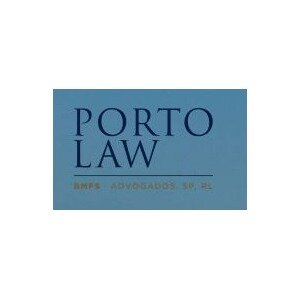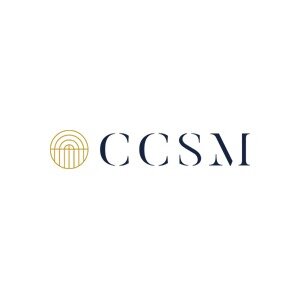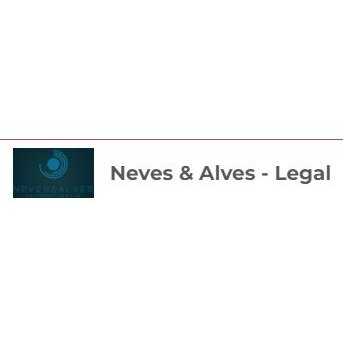Best Wrongful Termination Lawyers in Porto
Share your needs with us, get contacted by law firms.
Free. Takes 2 min.
List of the best lawyers in Porto, Portugal
About Wrongful Termination Law in Porto, Portugal
Wrongful termination, also known as unfair dismissal, is when an employer terminates an employment contract in violation of the terms of that contract or employment law. In Porto, Portugal, as in the rest of the country, the employment law is strict in protecting employees’ rights against wrongful termination. The Portuguese Labour Code details the lawful grounds for termination and lays out procedures that both employer and employee need to adhere. Employers commit wrongful termination if they disregard these rules, and the employee can seek legal compensation for the harm incurred.
Why You May Need a Lawyer
Legal issues can be complex and stressful. If you think your employer has dismissed you unfairly, you may need a lawyer to help you understand your rights and options. An experienced attorney can guide through the process of filing a wrongful termination claim, dealing with disputes, collecting evidence, and representing you during settlement negotiations or in court. They can provide important legal advice, giving you confidence as you seek justice.
Local Laws Overview
In Portugal, an employer can legally dismiss an employee based on their inability to adapt, for disciplinary reasons, or due to the extinction of their job position. However, these dismissals must follow certain protocols. Failure by an employer to follow these rules can render the dismissal unlawful. It is crucial to note that any discriminatory practice based on gender, age, religion, and disability among others is illegal. If an employer terminates your employment on such grounds, it is considered as wrongful termination.
Frequently Asked Questions
1. How can I prove my dismissal was unfair?
The burden of proof normally lies with the employer. However, you need evidence to put forth a credible claim of wrongful termination such as email correspondence, witness testimonies, or any inconsistent behaviors before and after termination.
2. What kind of compensation can I expect?
If your wrongful termination claim is successful, you may be entitled to compensation, which may include back pay, reinstatement, front pay, compensatory damages, and legal fees.
3. How long do I have to file a wrongful termination claim?
Under Portuguese law, you have a year from the date of dismissal to file a claim in court.
4. Can my employer retaliate if I file a claim?
It's illegal for employers to retaliate against employees who exercise their legal rights. If this happens, you may have an additional claim against your employer.
5. Does wrongful termination affect my unemployment benefits?
No, as long as you've met the other eligibility requirements, you can still receive unemployment benefits even if you're filing a wrongful termination claim.
Additional Resources
For additional information, refer to Portugal's Labour Code, which outlines the laws on wrongful termination. You may also want to check the Portuguese Labour Authority (Autoridade para as Condições do Trabalho) for additional guidance and resources.
Next Steps
If you need legal assistance, consider contacting a local attorney who specializes in labor and employment law. They can provide a thorough assessment of your situation and guide you through the legal process. You might also want to gather any documents or evidence related to your employment and termination, as these will be important in building your case.
Lawzana helps you find the best lawyers and law firms in Porto through a curated and pre-screened list of qualified legal professionals. Our platform offers rankings and detailed profiles of attorneys and law firms, allowing you to compare based on practice areas, including Wrongful Termination, experience, and client feedback.
Each profile includes a description of the firm's areas of practice, client reviews, team members and partners, year of establishment, spoken languages, office locations, contact information, social media presence, and any published articles or resources. Most firms on our platform speak English and are experienced in both local and international legal matters.
Get a quote from top-rated law firms in Porto, Portugal — quickly, securely, and without unnecessary hassle.
Disclaimer:
The information provided on this page is for general informational purposes only and does not constitute legal advice. While we strive to ensure the accuracy and relevance of the content, legal information may change over time, and interpretations of the law can vary. You should always consult with a qualified legal professional for advice specific to your situation.
We disclaim all liability for actions taken or not taken based on the content of this page. If you believe any information is incorrect or outdated, please contact us, and we will review and update it where appropriate.

















